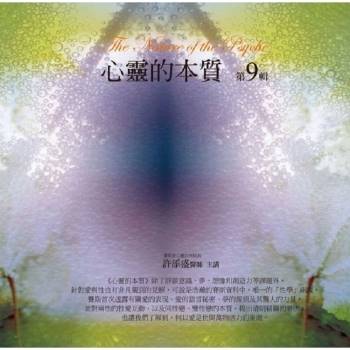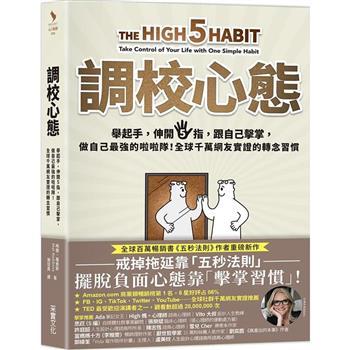The rapid and unprecedented spread of severe acute respiratory syndrome coronavirus 2 (SARS-CoV-2) and the resulting coronavirus disease 2019 (COVID-19) has caused millions of deaths worldwide. Additioanlly, it has put pressure on healthcare systems everywhere. In order to control the spread of coronavirus disease, as many as 31 COVID-19 vaccines have been approved for emergency use to date, and over 10 billion doses have been administered globally. However, many new variants of SARS-CoV-2 have emerged since vaccine development, with high transmissibility and an ability to escape immune responses.
An antibody immune response is important for the clearance of the virus and critical for the generation of memory response to prevent reinfection. SARS-CoV-2 generates a virus-specific IgM, and IgG and neutralizing IgG response in the days following infection. However, the IgG response wanes over time and, in some cases, leads to only partial protection. There is a need for further research in this field to understand the measure/degree of long-term protection conferred by the vaccine, vaccine-driven pathology and immune differences among patients. This necessitates the critical evaluation of vaccine efficiency to expedite vaccine research.










